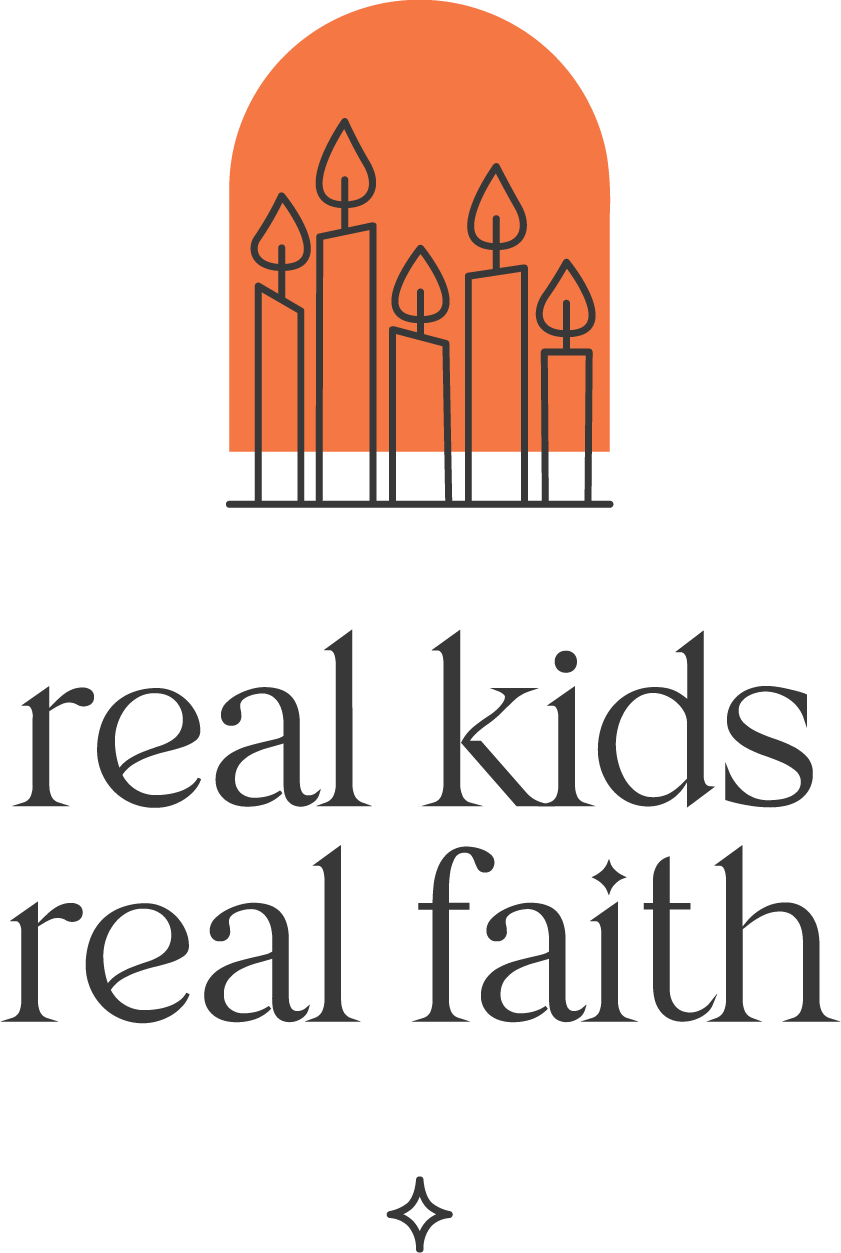Awards ceremonies are often a major event at the end of a program year. Some children eagerly await them, secure in the knowledge that they have excelled. Others (not so) secretly dread such recognitions because they don’t expect to hear their names called. A few even worry about disappointing parents and caregivers if they don’t win something.
Lost in the competitive process of award-giving is the opportunity to use awards to foster self-reflection and motivate new learning. When we invite children to identify new skills and aptitudes that they have developed over the course of the year, we boost their self-esteem and encourage them to continue striving to improve.
For example, we might ask kids to think about a new skill they have developed this year. They could identify the steps they took to cultivate that skill: learning from someone else or through research, practicing repeatedly, receiving feedback, making mistakes and starting over, etc. Then they could invent an award that acknowledges their achievement.
Children might also create a ‘strengths’ resume that highlights their developing abilities. Each entry (e.g. ‘helping others’, ‘centering’, ‘caring for the earth’) could include a continuum bar upon which they mark where they are between ‘beginner’ and ‘expert’. If you use this approach, remind kids that having a variety of competency levels across skills is normal. Consider creating and sharing your own resume as a model.
Meaningful awards need not focus solely on individuals. We can encourage children to reflect on how they have grown as a group. Perhaps they have become better at showing respect for one another or at helping each other manage big emotions. They may have learned how to analyze a social issue and take action to make a difference. Brainstorm fun names for group awards that acknowledge their efforts.
Another possibility is to link awards to specific ways that children have met your program’s goals individually and together. Recall together some of the goals set at the beginning of the year, such as ‘listening while others are talking’, ‘practicing mindfulness’, or ‘keeping the food pantry stocked with canned fruit’. Reward kids for making good progress toward these shared goals, even if they didn’t achieve perfection.
Keep in mind that the idea is not to invent some kind of award for every child but to help children build self-awareness. Taking stock of their strengths gives kids confidence in themselves. Identifying areas in need of further development encourages humility. They realize that they can and still need to keep learning.
A self-reflective awards process also promotes emotional and spiritual resilience. It provides evidence of progress across a spectrum of skills, which encourages children to keep trying. It redirects their attention from competing with others to measuring themselves against their own expectations (or evaluating themselves as part of a group effort). Awards events are no longer win-lose affairs. They are substantive assessment experiences where every child can celebrate.

Comments